Population Health and Wellbeing
The HASS Population Health and Wellbeing research group undertakes interdisciplinary investigation in areas such as physical and mental health, lifespan development, subjective and data-driven wellbeing, socio-cultural dimensions of health, and health technology. Humanistic and social science frameworks help illuminate aspects of population health that are not easily captured by conventional biomedical models, which tend to abstract away environmental complexity. The research group leverages its expertise to map out this multi-layered context and generate socio-culturally nuanced, behaviourally granular insights into human health, wellbeing, and potential. These insights in turn feed into scientific and design-based collaborations both within and beyond the university, which aim for impact that is reflective of SUTD’s vision for human-centred innovation in healthcare.
About HASS Research
The Humanities, Arts, and Social Sciences (HASS) at SUTD offers an integrated and interdisciplinary approach to tackling complex global challenges. By deepening our understanding of human behaviour, societies, and cultures, our goal is to promote responsible innovation. Through a synergy of expert knowledge from diverse fields—such as psychology, sociology, economics, history, literature, and the arts—HASS contributes to the creation of solutions that are human-centred and impactful.
We have established four key synergistic focus areas that integrate our expertise across fields:
- Population Health and Wellbeing,
- AI, Ethics and Management
- Green Economy and Sustainability
- Human Flourishing.
These focus areas align closely with SUTD’s four key growth sectors—healthcare, urban science, AI and data science, and aviation and connectivity—creating a cohesive framework that integrates humanities and social sciences into the university’s broader goals. By identifying synergies and commonalities, HASS aims to advance a holistic understanding of global challenges, building capacity and fostering innovation across these critical areas.
